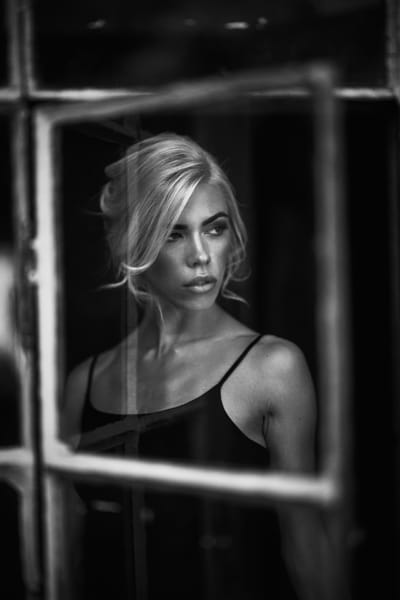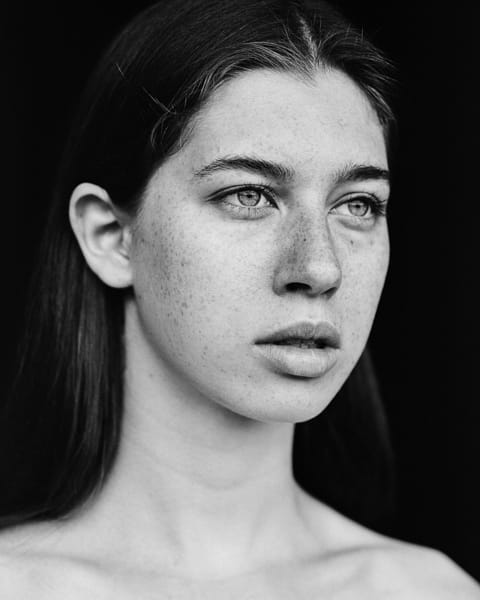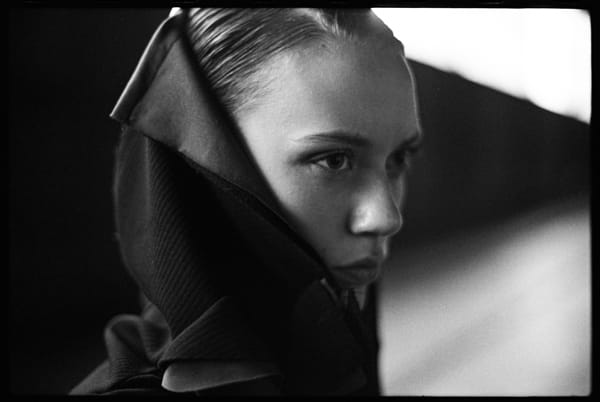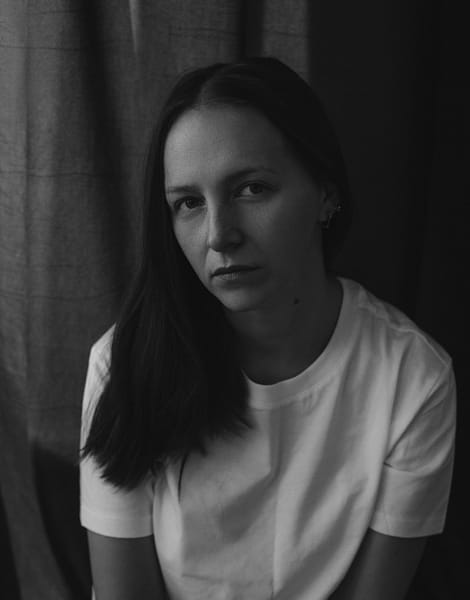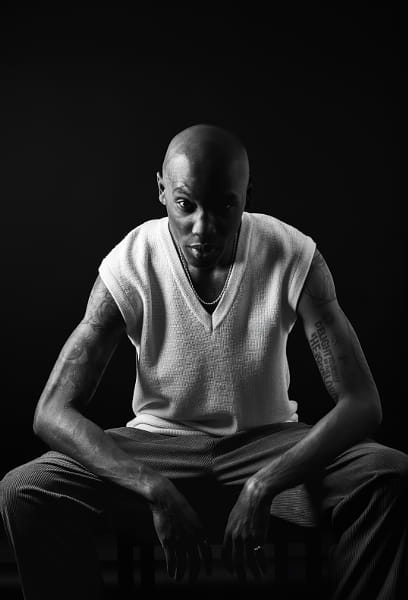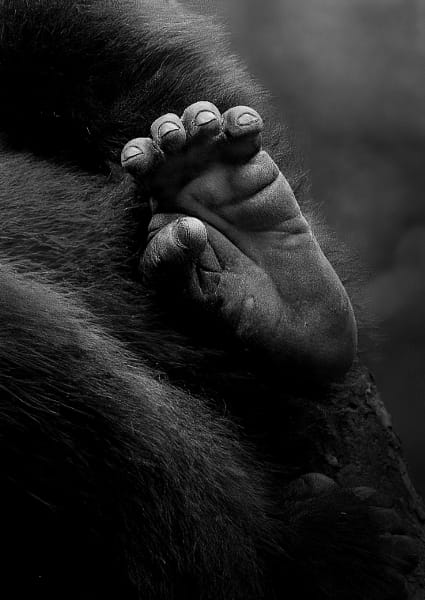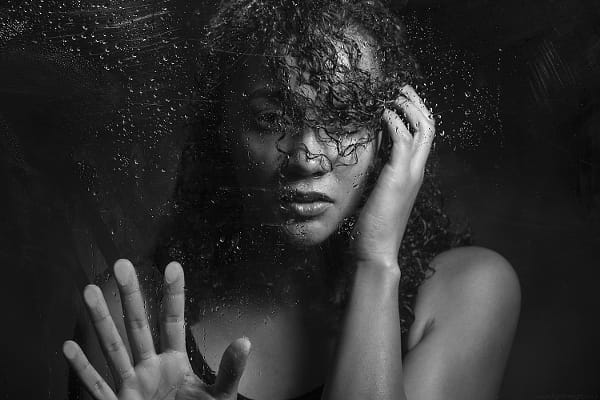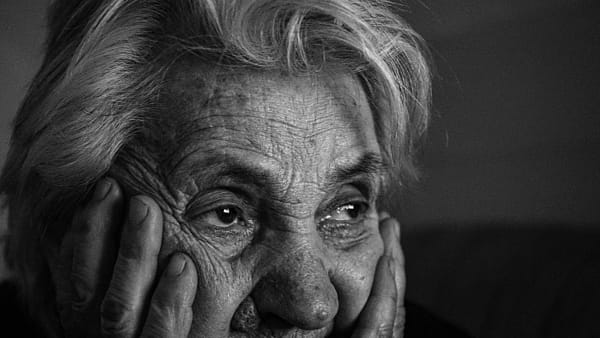

Black-and-white portraits have a timeless quality that brings out the raw emotion and character of the subject. Without the distraction of color, the focus shifts entirely to expression, texture, light, and shadow. Whether you’re shooting in natural light or in a studio, capturing powerful black-and-white portraits requires a thoughtful approach to composition, lighting, and connection with your subject. Here’s how to create striking monochrome portraits that stand out.
Understanding the power of black-and-white portraits
Black-and-white portraits are compelling because they simplify the image, allowing the viewer to focus more on the emotional aspects of the photograph. The absence of color emphasizes textures, facial expressions, and subtle nuances in light that might be overlooked in color portraits.
Highlighting emotion
Without the distraction of color, black-and-white photography draws attention to the subject’s eyes, body language, and facial expressions. A well-timed smile or a pensive gaze becomes the focal point, conveying a sense of emotion that is often more powerful in monochrome.
Enhancing texture and detail
Black-and-white photography excels at showcasing details like skin texture, hair, and wrinkles. These elements can add depth to your portraits, making them feel more authentic and raw. By controlling light, you can enhance or soften these textures to suit the mood of the image.
Using light to sculpt your subject
Lighting is one of the most crucial elements in black-and-white portrait photography. The way light falls on your subject can dramatically change the mood and impact of the image.
Side lighting for depth
Side lighting, also known as “Rembrandt lighting” in portraiture, can create depth and dimension in your portraits. Position your light source to the side of the subject, casting shadows on one side of the face while illuminating the other. This contrast between light and shadow adds drama and highlights the contours of the face.
Soft light for subtlety
If you’re aiming for a softer, more flattering look, use diffused light to wrap gently around your subject. This can be achieved by shooting on an overcast day or using a diffuser in a studio setup. Soft light minimizes harsh shadows and creates a more even tone, perfect for capturing the gentle details of a subject’s face.
High contrast lighting for drama
For a more intense, moody portrait, high contrast lighting can create a dramatic effect. Using strong directional light, such as a spotlight, can highlight certain features of your subject while casting deep shadows on others. This works especially well in black-and-white, where the interplay between light and dark becomes the focal point.
Composition tips for black-and-white portraits
Without color to guide the viewer’s eye, composition becomes even more critical in black-and-white portraiture. The placement of the subject, the use of space, and the framing of the shot all contribute to the overall impact of the image.
Framing and cropping
Close-up portraits tend to work exceptionally well in black and white because they focus attention on the subject’s face and expression. Tight cropping around the face can intensify the emotional connection between the subject and the viewer. Experiment with cropping just below the chin or closer to the eyes to direct the viewer’s gaze where you want it.
Negative space for balance
Using negative space in your composition can enhance the simplicity and impact of your black-and-white portraits. Leaving empty space around the subject can make the portrait feel more contemplative or peaceful, allowing the viewer to focus entirely on the emotion conveyed in the face or posture.
Eye contact and gaze
In portraits, where the subject is looking can dramatically influence the viewer’s engagement. Direct eye contact with the camera creates an immediate connection, drawing the viewer in. Alternatively, having the subject gaze off-camera can add an element of mystery or introspection, encouraging the viewer to wonder what the subject is thinking or looking at.
Capturing raw emotion in portraits
The key to a successful black-and-white portrait is capturing authentic emotion. This requires building a rapport with your subject and making them feel comfortable in front of the camera.
Building connection
Spend time talking to your subject before and during the shoot. Encourage natural conversation to help them relax and express their true emotions. Candid moments often lead to the most powerful portraits, so be ready to capture them when they happen.
Directing with purpose
Give your subject clear, simple directions that evoke emotion. Rather than telling them to “smile,” ask them to think about something that makes them happy. Similarly, if you’re aiming for a more serious portrait, ask them to reflect on a meaningful moment in their life. These subtle prompts can elicit genuine expressions that resonate in your final image.
Incorporating texture and contrast
Black-and-white portraits thrive on texture and contrast. From the texture of the skin to the fabric of the clothing, each element plays a role in shaping the overall feel of the image.
Highlighting skin texture
In monochrome portraits, skin texture can add character and realism. Don’t shy away from wrinkles, freckles, or imperfections—instead, use them to tell a story. The interplay of light and shadow across the skin can add dimension and make your subject’s face come to life.
Contrast between light and dark
Strong contrast between light and dark areas can create a sense of drama and intensity. Whether it’s the contrast between your subject’s hair and the background, or the sharp distinction between their features and the shadows on their face, embrace contrast to enhance the depth and impact of your portraits.
Black-and-white portraiture is an art form that strips away distractions and focuses on the essence of the subject. By mastering the interplay of light and shadow, using thoughtful composition, and building a strong connection with your subject, you can create powerful, emotional portraits that resonate with viewers.
Not on 500px yet? Sign up here to explore more impactful photography.
The post Capturing emotion with black and white portraits appeared first on 500px.
